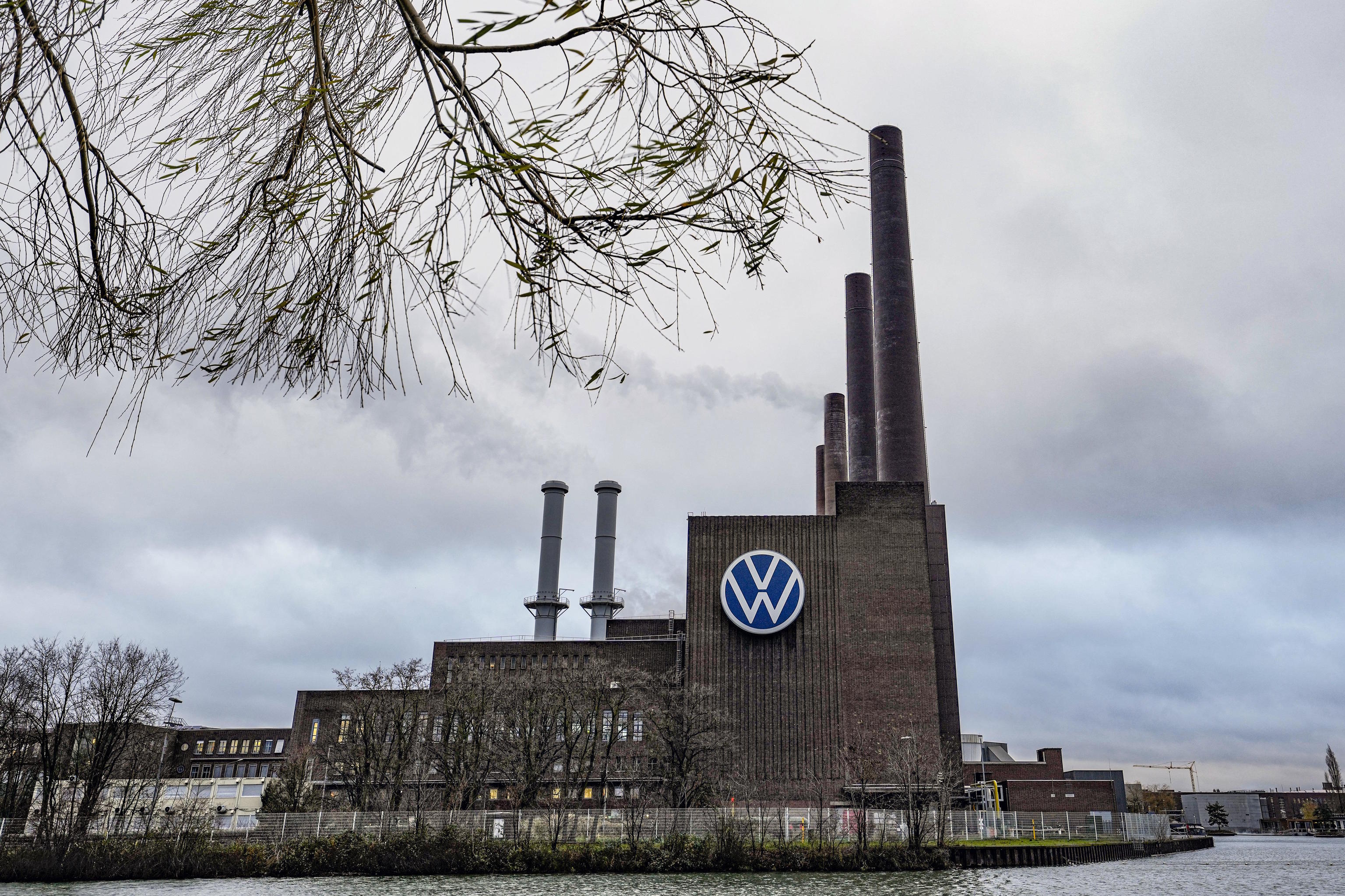The German giant Volkswagen, which owns brands like VW, Audi, Porsche, Seat, and Cupra, achieved a net profit of 4.005 billion euros in the first half of the year, 36.6% less than a year ago, in a very challenging environment as described by the company.
Volkswagen reported on Friday that the operating result worsened between January and June to 6.707 billion euros, 32.8% lower than a year ago, leading to an operating profitability on sales of 4.2% (6.3% in the first half of 2024), as reported by EFE.
Revenue remained almost stable in the first half at 158.364 billion euros (-0.3%).
Its software subsidiary Cariad suffered a loss of 1.172 billion euros in the first half (a loss of 1.182 billion euros a year earlier).
"The Volkswagen Group maintained its position in an extremely challenging environment," stated its CEO, Oliver Blume, when presenting the first-half balance sheet. "Our sales figures remain stable in a competitive global market. In Europe, we expanded our leadership position in electric mobility, with a market share of 28%, and the order books remain well filled," added Blume.
The group delivered 4.405 million units to customers in the first half, a 1.3% increase from a year ago.
Therefore, Blume expects that "the positive trend will continue in the second half" supported by the product offensive and strong demand.
However, profit forecasts have been revised downward due to the US tariff policy and poor performance of Porsche and Audi.
Volkswagen expects an operating profitability on sales of between 4% and 5% in 2025, having previously forecasted between 5.5% and 6.5%.
Blume also now anticipates that revenue will remain at the 2024 level in 2025 and no longer expects a 5% increase as previously considered, due to rising tariffs and high restructuring costs at Audi, Porsche, and the VW brand.
"The decline in operating results is mainly due to the significant charges related to the increase in import duties to the United States," valued at around 1.3 billion euros, explained the group.
US President, Donald Trump, raised tariffs on cars and spare parts to 27.5% from April, up from the previous 2.5%.
This measure dealt a severe blow to German manufacturers as the US is their third-largest market.
However, in this quarter, the volume of vehicles delivered by Volkswagen to dealers in the US decreased by 16.2%.
The sector now fears a second round of tariffs with Trump's threat to impose a 30% duty on all EU imports starting in August if no agreement is reached with Brussels.
Trade tensions worsen the situation for this company, which had already launched a restructuring plan at the end of 2022 to improve its operating margins and announced the elimination of 35,000 jobs last December.
